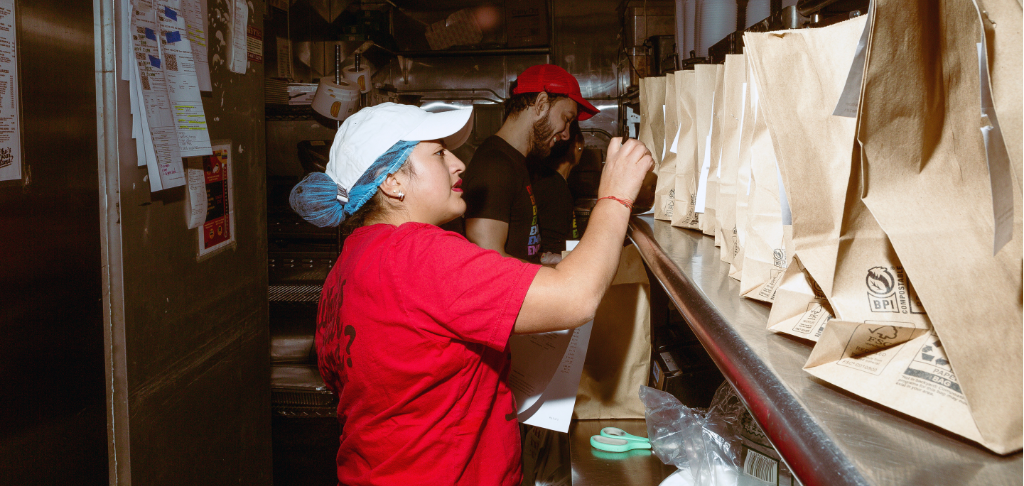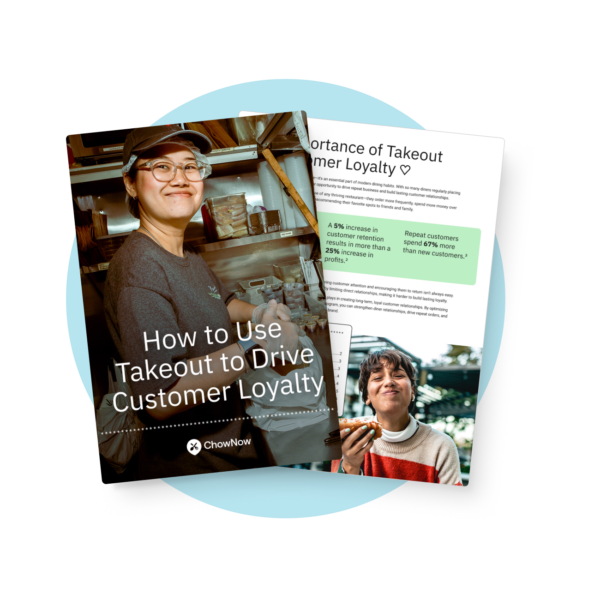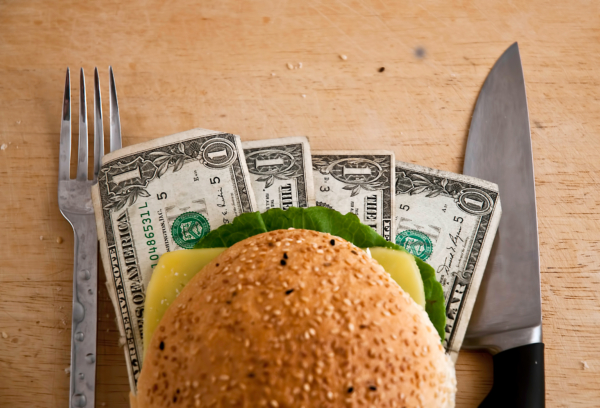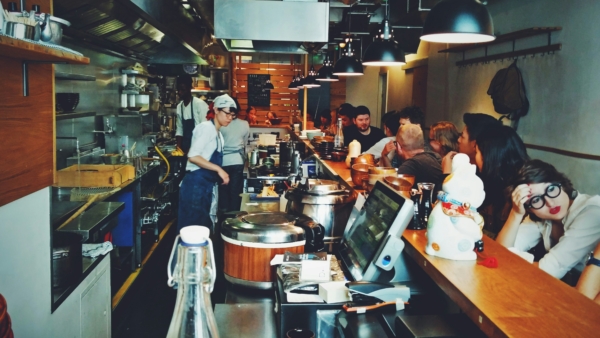How to Create a Practical Restaurant Budget

A clear, thoughtful budget is the guiding recipe for any thriving restaurant. All of the ingredients of success come down to how you manage your money to keep costs under control and bring in profits. A proper restaurant budget helps keep your sales revenue and expenses on track for a financially healthy and successful business.
To help you get started on your own restaurant business budget, we’ve put together some introductory details and key tips to guide your financial decision-making.
Restaurant Budget Benefits
Running a restaurant without a budget plan is kind of like traveling without a map or GPS. You might have a general idea of where you want to go, but without anything to guide you, you’ll likely end up lost. A well-crafted restaurant budget gives you a clear overview of your expenses and revenue, which lets you monitor whether or not you’re hitting the budget benchmarks you’re aiming for. This can benefit your business in several ways, including:
- Financial control. If you develop a system to track income and expenses, you’ll be better able to avoid overspending on unnecessary areas and you can identify cost-saving opportunities.
- Operational efficiency. You can ensure your resources are allocated effectively if you have a clear outline of what each aspect of your business needs. This can also help you plan for peak seasons and slow periods throughout the year.
- Profitability. A proper budget makes it easier to identify and forecast both profit margins and cost of goods sold (COGS). This ensures you can set realistic financial goals, including planning for growth.
- Preparedness. A budget also helps you prepare for unexpected expenses and emergencies. With a financial plan in place, you can better survive financial challenges beyond your control.
Types of Restaurant Budgets
Within your overarching financial plan, there are several different types of restaurant budgets that you may need to consider. Organizing your budget into these categories can help you categorize your finances and identify aspects of your restaurant that need more attention.
Startup Budget
This covers initial costs such as equipment, licenses, renovations and initial inventory. Note that this budget could apply to a new restaurant, a new branch/franchise or a major renovation. The actual cost can vary greatly depending on your restaurant, but surveys show the cost can easily range into hundreds of thousands of dollars.
Operating Budget
Your day-to-day expenses, including rent, utilities, wages and food costs. This type of budget is typically calculated on a monthly or annual budget to give you either a detailed breakdown of expenses or a broader overview of your restaurant’s financial health.
Cash Flow Budget
This tracks the inflow and outflow of cash in your business to help ensure your restaurant has enough cash to meet obligations like wages, supplier bills, etc.
Sales Budget
This budget is for predicting expected sales revenue. By setting a sales target, you have a baseline to monitor your restaurant’s performance which allows you to more accurately adjust menu prices, expenses and more.
Marketing Budget
For all marketing efforts, it’s a good idea to set a specific budget to cover expenses. Allocating funds to promotional activities and advertising will help drive customer traffic and increase sales.
Capital Budget
This is for long-term investments and major expenditures, including purchases of equipment, furniture and other high-cost improvements. Such purchases could be vital to growth.
Tips for Managing a Restaurant Budget
Good financial health for your restaurant starts with good financial habits! We’ve got a few tips to effectively manage your restaurant business budget.
Use Data for Forecasting
Always use firm data when predicting future sales numbers and expenses. This includes historical data from your own business as well as adjusting for seasonal variations and market trends.
Monitor Your Budget Regularly
They say a watched pot never boils, but an unwatched budget can easily boil over! Track your expenses and revenue on a weekly or monthly basis and compare your actual performance against what your budget and forecast allow. Be prepared to adjust your budget as needed.
Control Inventory Costs
Managing food and beverage costs is one of the most essential aspects of restaurant finances, whether that means standardizing portion sizes, reducing waste or negotiating with suppliers for better rates or payment terms. Check out more of our cost-saving tips here. Additionally, consider using an inventory tracking system to reduce spoilage or lost inventory.
Optimize Labor Costs
If food and beverage cost is the #1 expense for restaurants, labor cost is definitely #2. Check out our breakdown of short-term and long-term solutions for optimizing labor costs, including scheduling staff efficiently to avoid unnecessary overstaffing, encouraging employee retention and monitoring labor costs as a percentage of sales to ensure you can always pay your employees.
Increase Sales & Revenue
We know, that’s easier said than done! However, there are multiple strategies to increase your restaurant’s sales. Check out our explanation of menu engineering to implement upselling and cross-selling techniques to drive profits. You can also use promotions, special offers and loyalty rewards to boost sales.
Use Budgeting Technology
Take advantage of accounting software like Ottimate to efficiently and accurately track invoices and generate budget reports. These tools take tedious number-crunching out of the equation to streamline your budgeting process. It’s like having an entire accounting department backing you up!
Review and Adjust
Most of all, remember that your restaurant budget can’t be too rigid. There are many reasons you may need to adjust your budget, and the only way to do that is to review your finances regularly and stay informed about both industry trends and economic conditions that may affect your business. Controlling your budget is a constant balancing act, but it’s one that any restauranteur can accomplish!
Your restaurant budget is the guiding force behind your entire business. From daily operational costs to long-term growth, a clear budget plan backed up by data and industry research is the best way to ensure your restaurant not only survives but thrives. By proactively approaching financial planning and following our tips, you’ll put yourself on the path to success.






